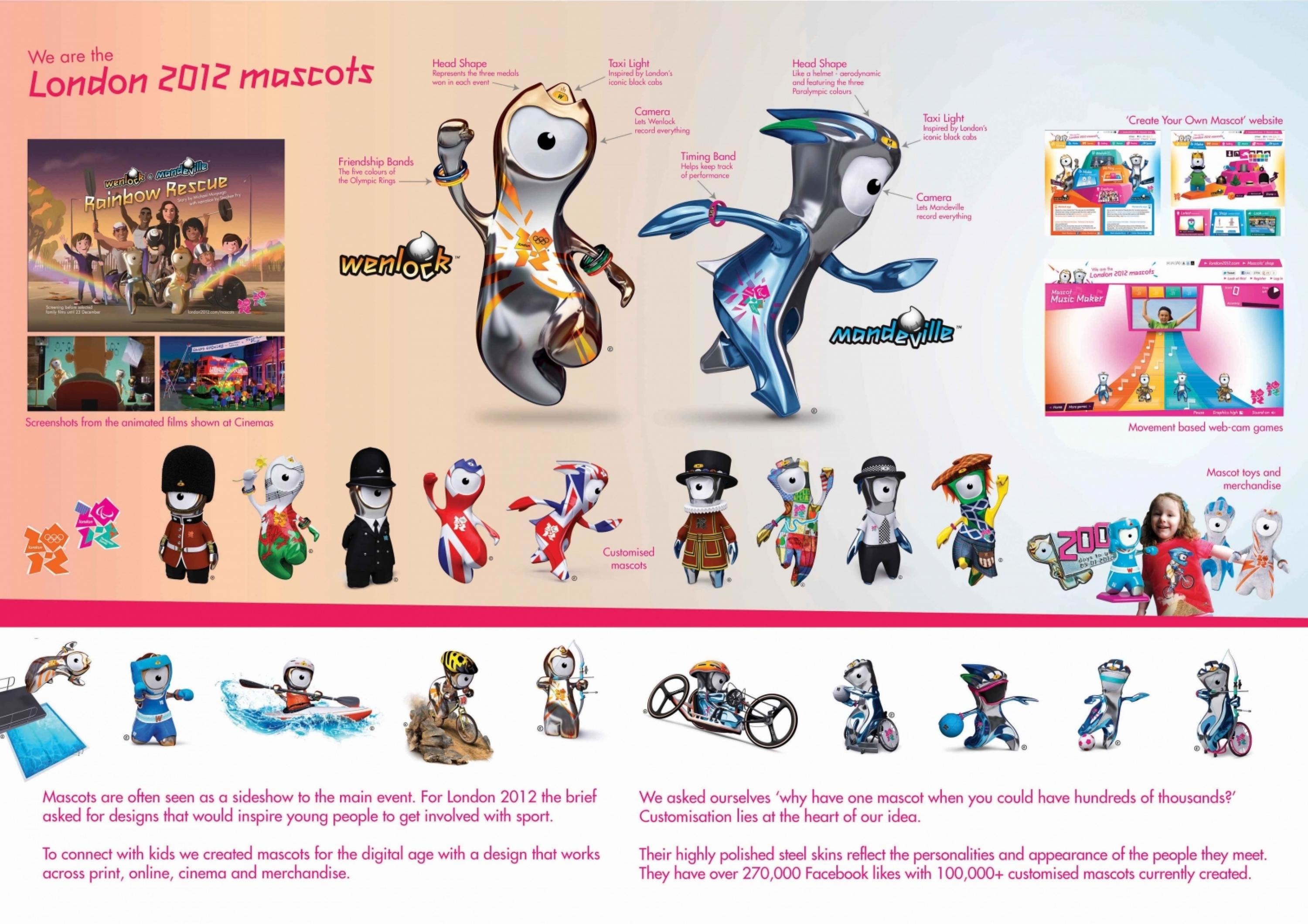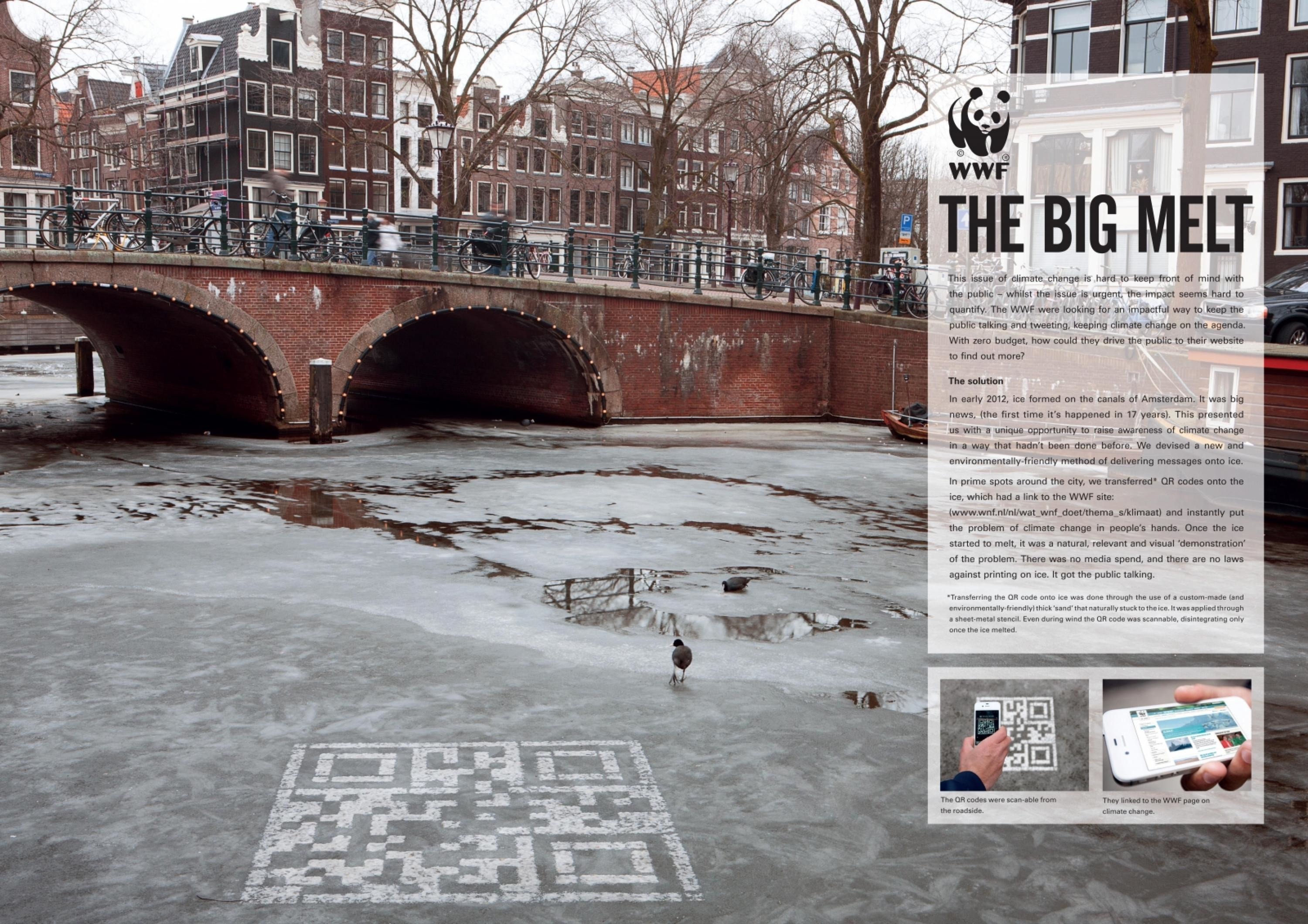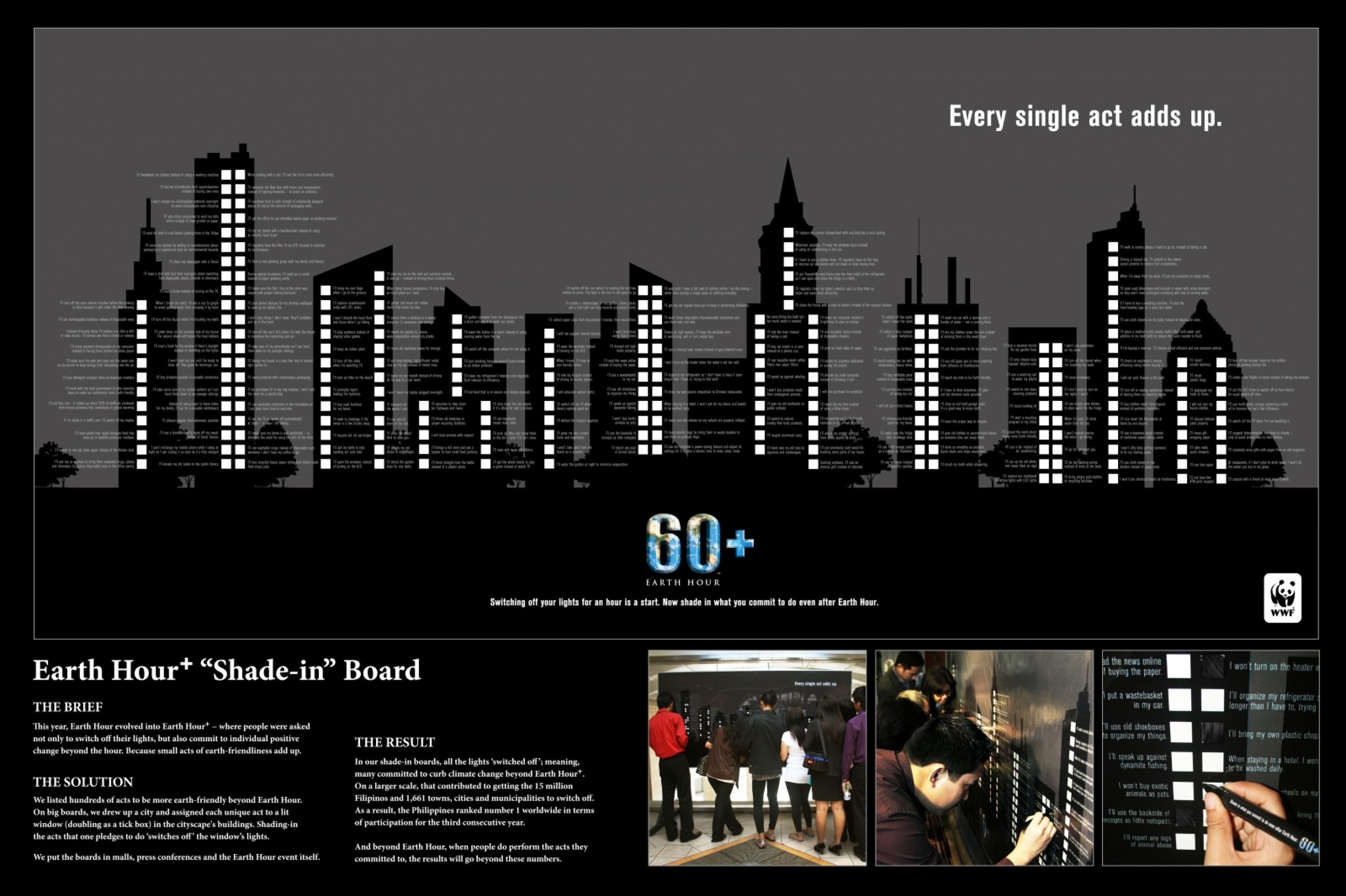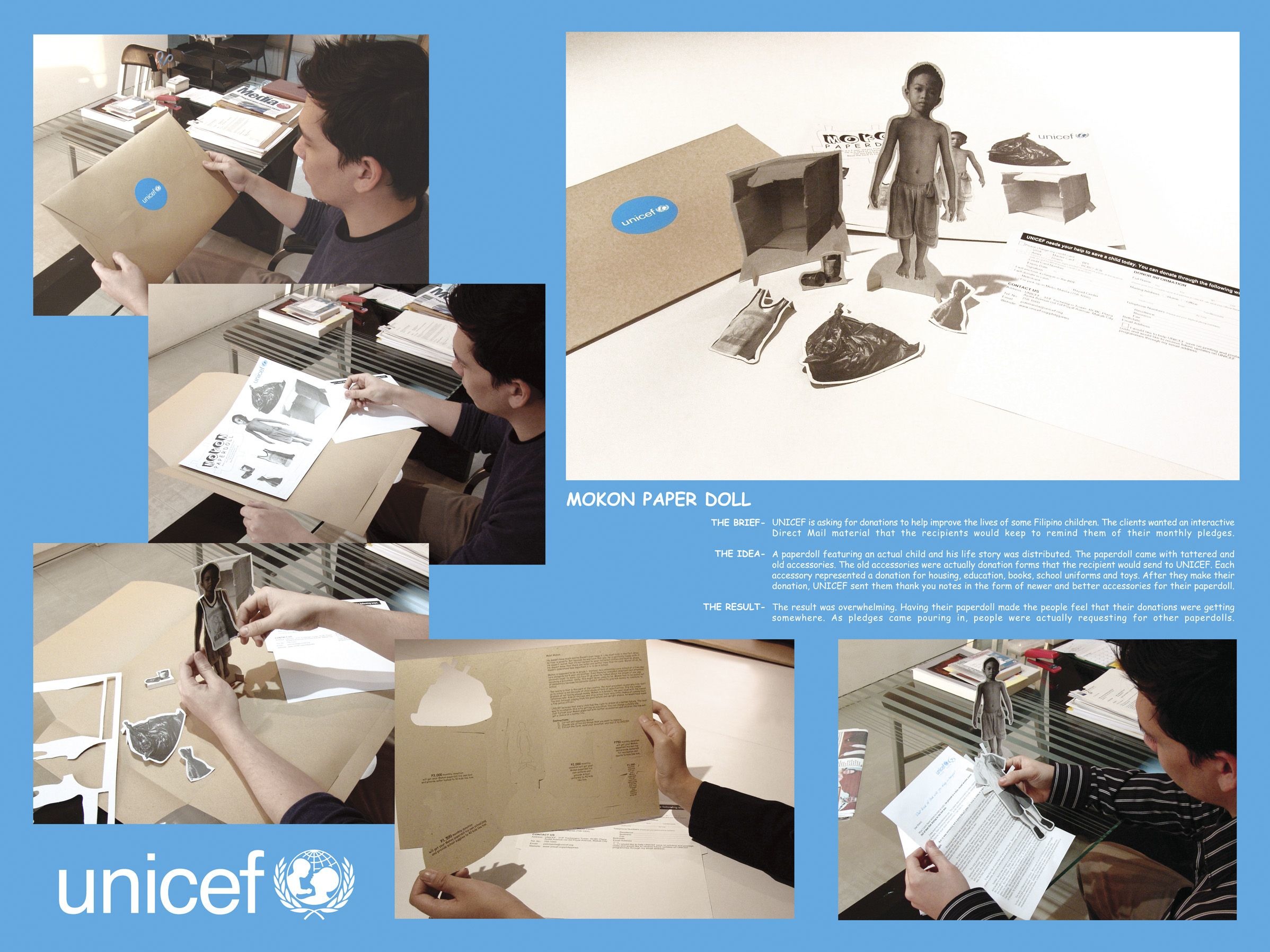Spikes Asia
Your Plastic Diet
GREY, Petaling Jaya / WORLD WILDLIFE FUND (WWF) / 2022
Awards:



Overview
Entries
Credits
OVERVIEW
Background
WWF exists to help create a planet where people and nature thrive, but plastic is polluting the planet.
The only way to stop plastic destroying our environment is a globally binding treaty to regulate the material, the only way to do that is lobby governments.
BRIEF
Galvanise enough public support to enable the WWF to lobby governments to support the treaty.
OBJECTIVES
1: Attitude – grab the global attention.
KPI: Reach 1.75 billion people, 100,000 organic posts.
2: Behaviour - galvanize the planet’s people into action.
KPI: 1 million supporters, from 50 different countries.
3: Action – generate governments commitment.
WWF needed half of the UN’s members to commit to a globally binding plastic treaty to start its negotiation. This was securing 97 (over 50% so that it forces a vote) of the 193 member nations ahead the 2021 UN Environment summit.
KPI: Public commitment from 97 countries by 2020.
Description
WWF exists to help create a planet where people and nature thrive, but plastic is polluting the planet. The only way to stop plastic destroying our environment is a globally binding treaty to regulate the material, the only way to do that is lobby governments.
BRIEF
Galvanise enough public support to enable the individual WWF offices to lobby their governments to support the treaty.
CREATIVE CHALLENGE
Addicted to plastic
People continue to use plastic despite being aware of its environmental problems, they didn’t feel damage to their surrounding environment. The problem was located in far-flung corners of the world, far-removed from our lives, and in fact plastic was so useful to their life that they were hooked on its convenience.
Symbolic Gestures, preventing Meaningful Action
Piecemeal initiatives to tackle plastic pollution have been happening for decades. These gestures grab attention, but they’re largely insignificant; case in point: straws only account for 0.0002% of the plastic in our oceans.
CHALLENGE
How can we create a campaign so simple - it will resonate in every country on earth? How can we put people pressure on the world’s leaders to act on plastic when most people don’t feel its destruction, only its usefulness?
SOLUTION - PLASTIC IS INSIDE US
We’re actually consuming microplastics from our food, water, and even the air. Plastic has entered every level of the food chain and so has entered our bodies.
INSIGHT
It’s impossible to ignore plastic’s impact on nature when you’re also the creature eating, drinking and breathing the pollution.
STRATEGY
Shock people into action by showing them that their consumption of plastic means they’re now actually consuming plastic.
IDEA: YOUR PLASTIC DIET
Our diets now contain plastic, we are inevitably consuming it, so our bodies are becoming infested with plastic pollution.
We commissioned The University of Newcastle to analyse studies about human consumption of microplastics. After six months of analysis and peer review, it found the average person consumes around 100,000 microplastics every year.
100,000 microplastics equates to approximately 250 grams of plastic a year. People are therefore ingesting 5 grams of plastic pollution every week.
What plastic object weighs 5 grams and is ubiquitous, with 20 billion of them in use? A credit card.
YOU ARE EATING A CREDIT CARD A WEEK.
With this universal fact, we could turn billions of credit cards in people’s pockets into a personal and confronting reminder of the urgent need for change.
EXECUTION: Your Plastic Diet was announced to the media via WWF’s Singapore HQ. A campaign toolkit was created in 11 of the most spoken global languages. Key visuals of our campaign device featuring the Your Plastic Diet card and films dramatized how much plastic we were ingesting and explained the issue. All activity pushed people to an interactive campaign website. Based on diet and geography, people could take a test to see how much plastic they were personally ingesting a week. This led direct to the call to pledge and share the issue.
Similar Campaigns
12 items






